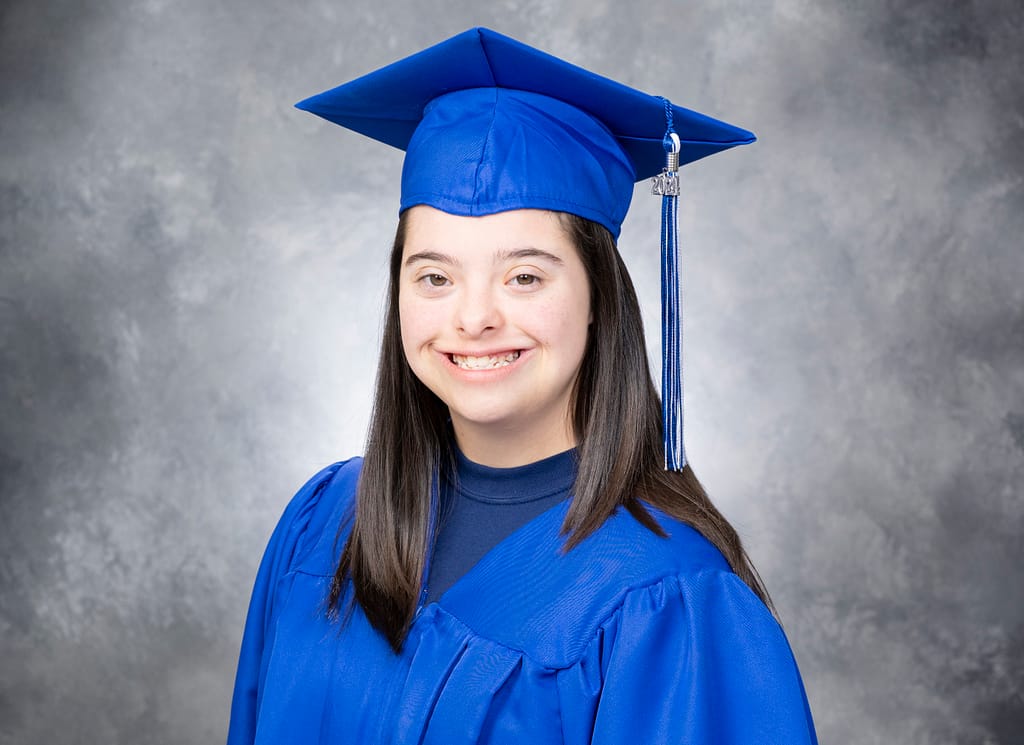Our Approach

Student Plan
Each student has an individualized plan with goals and objectives to help them reach their highest potential.
The Tuttle School has adopted Unique Learning Systems, an online standards-based curriculum program that gives students meaningful access to the general education curriculum. This personalized system engages students by providing differentiated lessons and materials, allowing them to make the most of their learning time. It uses evidence-based teaching strategies that are driven by data and produce tangible results,
We assess the following:
- Neurodevelopmental and physiological function
- Academic levels and learning style
- Emotional, behavioral and social development
Our Tuttle School Program begins in our youngest class through our transition program to give students skills and knowledge to become as independent as possible.
Lower Tuttle
- Age-appropriate social skills
- Communication skills
- Following visual schedules
- Self-help skills
- Safety skills
- School readiness
- Mealtime etiquette
- Whole body listening
Upper Tuttle
- Flexibility and compromise
- Hygiene
- Kitchen management and safety
- Money management
- Problem solving
- Self-advocacy
- Social media/internet safety
- Teamwork and collaboration
- Time management
- Understanding social skills
Progression Plan
As students progress, their individualized plans are re-evaluated, and new lessons/goals are implemented.
Each classroom is staffed with a teacher and an assistant. Classes have a low teacher-to-student ratio. Students typically spend two or three years in one academic homeroom before transitioning to the next level homeroom. Matriculation occurs individually and is determined by various factors, including age, social maturation, and class groupings. Although The Tuttle School is not transcript-based, students receive a certificate of completion upon graduation.
Functional Academics
Students attend specialty classes daily.
Life Skills
- Self-help
- Conversational skills
- Grooming skills
- Household chores and skills
- Cooking skills
- Social skills, shopping
Work Force
- Pre-vocational skills
- Job-readiness skills
- Job preference assessment
- On and off campus jobs
- Participate in creating and selling art, crafts, and baked goods
Art
- Fine motor skills
- Art history
- Explore mediums and textures
- Prepare for end-of-year art show
Music
- Fine motor skills
- Rhythm and counting
- Movement
- Genres in music
Experiential Learning
The Tuttle School offers students a range of activities and experiences to support their intellectual, emotional, physical, and social development.
Experiential learning takes place both inside and outside of the classroom. Students are exposed to various opportunities throughout the school year that promote development and social growth. Students participate in many group activities, community-based instruction (CBIs), and volunteering in the community.
Emphasis is placed on instruction in the following ways:
- Community outreach
- Expressive language
- Multi-modalities
- Multi-sensory approach and hands on learning
- Perceptual motor development
- Vocational opportunities
Preparing for Life After Tuttle
Our faculty work to prepare students and families for life after Tuttle.
Students are taught age-appropriate daily living skills and self-help activities. Tuttle has a wide network of professionals and resources to help families stay informed about the best choices regarding their child’s path beyond Tuttle.
Through interest inventories and student questionnaires, students can determine their preferences and guide themselves into a job that is unique to them. These tools allow students to be involved in activities that they enjoy and build the necessary skills that will help them succeed in real work experiences.
Transition Class/Pathways (Ages 18-25)
Students may grow and learn at Tuttle until they are 25 years old. The Pathways to Transition program builds upon students’ abilities and interests by providing opportunities to work in various community environments under the supervision of a Tuttle faculty member and/or on campus in a structured work environment.
The program partners with companies to bring jobs on campus, including an on-campus cafe. This is a great opportunity for students to practice social, self-advocacy, and job skills.
"Luke has discovered his sense of belonging, love, and leadership capabilities within the Tuttle community. The Tuttle School has been the catalyst for Luke's continued growth and the realization of his potential, which others may have previously overlooked."
Janet Lewis, Tuttle Parent
